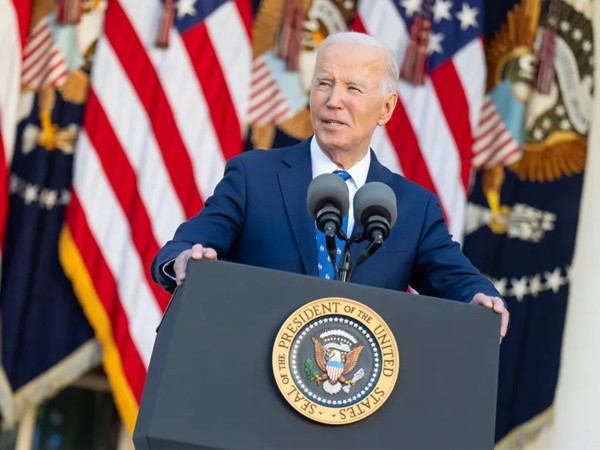
German economy expected to narrowly escape recession in 2024: ifo
Mar 07, 2024
Berlin [Germany], March 7: The ifo Institute for Economic Research Wednesday revised its growth forecast for the German economy in 2024 down to 0.2 percent from January's projection of 0.7 percent.
Europe's largest economy is "paralyzed, ... falling noticeably behind" other major European countries, the German largest economic think-tank said.
While other European countries have seen a gradual recovery since fall 2023, the German economy shrank by 0.3 percent in the final quarter of last year. According to ifo, value added in industry and the construction sector contracted sharply in particular.
"Consumer restraint, high interest rates and price hikes, the government's austerity measures, and the weak global economy are currently dampening the economy in Germany and leading to another winter recession," said ifo expert Timo Wollmershaeuser in a statement.
As a result of the failed reallocation of COVID-19 relief funds for climate measures, the German government was forced to significantly reduce its planned budget. Consumers are particularly affected, as social benefits were cut and simultaneously taxes on energy and air travel were raised.
Germany's gross domestic product is expected to decline by 0.1 percent in the first quarter of this year. Wollmershaeuser noted that "economic output will accelerate toward the middle of the year as the interest rate and price burdens gradually disappear and consumers' purchasing power increases."
After falling for three years amid the pandemic and the following energy crisis, real wages in Germany grew slightly by 0.1 percent in 2023, according to the Federal Statistical Office (Destatis). In contrast, inflation rose at an average annual rate of 5.9 percent during the same period.
German inflation in 2024 is expected to average at 2.3 percent, slightly higher than the European Central Bank's target of 2 percent, according to the ifo Institute.
Source: Xinhua









